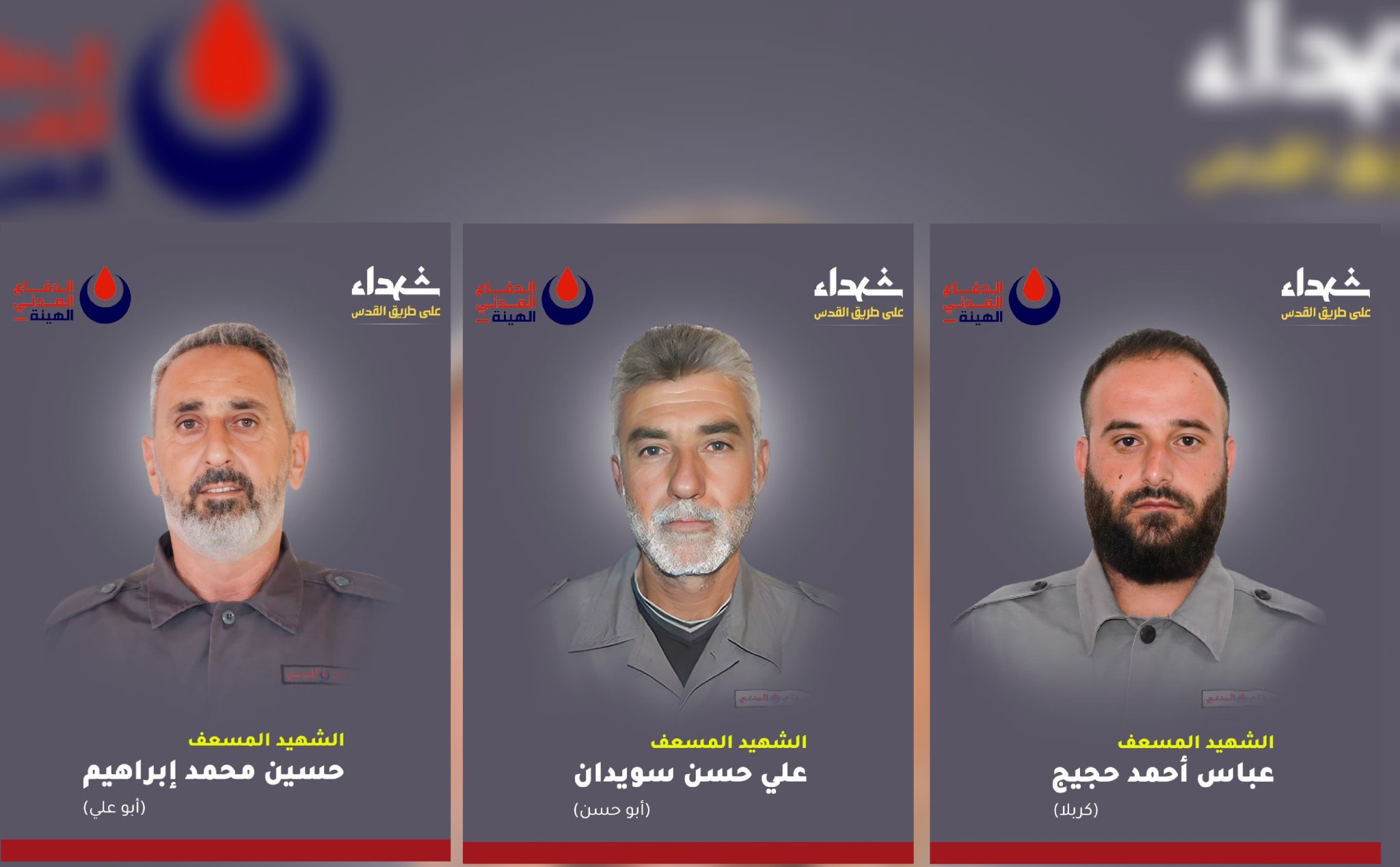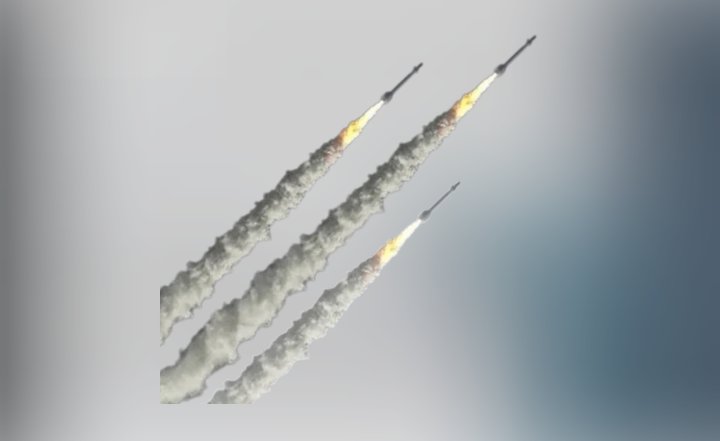NOVANEWS
 Video: Lebanese soldiers fired guns and tear gas to push back hundreds of protesters who broke through a cordon and tried to storm the government headquarters in Beirut. The crowd came from the funeral of a top intelligence official assassinated.
Video: Lebanese soldiers fired guns and tear gas to push back hundreds of protesters who broke through a cordon and tried to storm the government headquarters in Beirut. The crowd came from the funeral of a top intelligence official assassinated.
By Liz Sly
Hundreds of angry mourners surged toward the offices of the prime minister in downtown Beirut after speakers at the funeral exhorted Sunnis to topple the country’s Hezbollah-led government in revenge for the Friday bomb attack that killed Brig. Gen Wissam al-Hassan, a close ally of Sunni leader Saad Hariri.
WorldViews
Terrorism’s global decline, explained in charts
Terrorism has been nearly cut in half since 2007, mostly during Bush’s final two years.
Would direct U.S.-Iran talks be bad for Israel?
Max Fisher OCT 22
The larger issues underlying the building U.S. debate over reported nuclear negotiations.
Unraveling the secret U.S.-Iran nuclear talks
What people are saying about the New York Times story alleging a deal to hold private bilateral negotiations.
What then-U.S. national security adviser for Iran says about ‘Argo’
Max Fisher OCT 22
Gary Sick positively reviews the film, with some insights on the internal dramas of the day.
Sunni and Christian politicians have blamed Syria for the assassination, accusing President Bashar al-Assad’s regime of targeting Hassan because he exposed a plot allegedly ordered by the Syrian leadership to destabilize Lebanon by planting bombs.
But increasingly their anger is being directed at Hezbollah, as the most powerful force in the alliance running the government and as Syria’s chief Lebanese ally.
“There is no God but God, and Nasrallah is the enemy of God,” chanted some of the thousands of mourners who gathered in downtown Beirut’s Martyrs’ Square for the funeral ceremonies, referring to the Hezbollah leader Hasan Nasrallah in an echo of the Islamic declaration of faith often associated with Sunnis.
By nightfall, most of the demonstrators had dispersed and an uneasy calm settled over the capital as Lebanon braced for what is likely to turn into a prolonged political crisis, echoing the upheaval that consumed the country in the three years after the assassination of Hariri’s father, former prime minister Rafiq Hariri, in 2005.
The potential for the crisis to turn violent was evident in the dark sentiments expressed by some of the Sunnis attending the demonstration.
“Because Shiites are dogs,” said Khaled Hawa, 19, when asked why he had traveled from the northern port of Tripoli for the event. “There will be war in all Lebanon, God willing, because we cannot live like this anymore,” he added.
“Only Sunnis should live in this country. The Shiites should not be here,” said Faisal Abu Azzam, 25, who came from the southern town of Sidon and who vowed to bring the country to a standstill by blocking major roads and burning tires.
“If a Shiite is passing by, we are going to kill them,” added one of his friends, who identified himself as Abu Lahab, 23. “I was born to kill Shiites,” he said proudly.
Anger, but less unity
The mood was in stark contrast to the vast outpouring of nationalistic fervor that erupted following the 2005 assassination of Rafiq Hariri, in a bombing also blamed on Syria. Then, hundreds of thousands of people forced the departure of Syrian troops after 30 years of occupation in a popular uprising dubbed the “Cedar Revolution” because of the emblem on the Lebanese flag that became its symbol.






